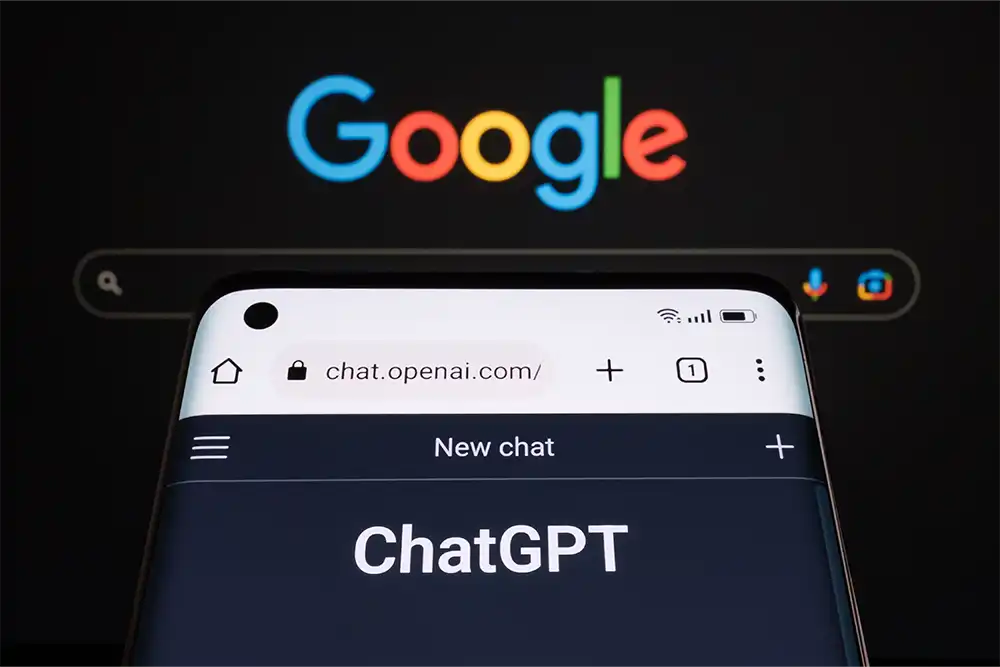As the digital landscape evolves, traditional search engines like Google are facing new competition. OpenAI’s ChatGPT has become a groundbreaking tool in conversational AI. It now introduces a feature that places it in direct competition with Google’s Search Engine. This integration, called ChatGPT Search (CGS), marks the beginning of a new era in AI-driven search.
What does this mean for businesses, especially in terms of SEO?
In this post, we’ll dive into how CGS works, how it differs from Google Search and what businesses and Marketing specialists need to know in order to stay ahead of the curve.



